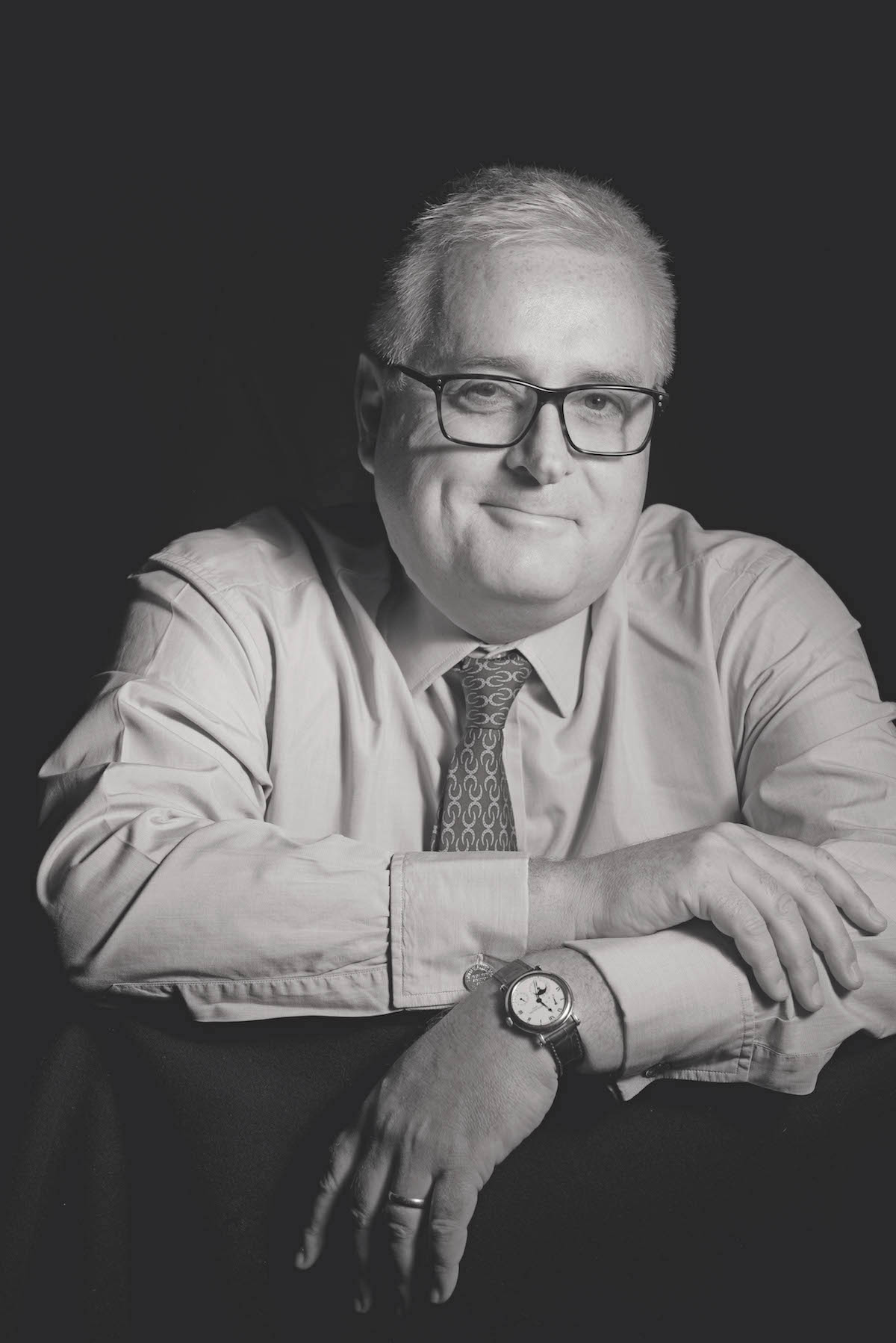Good conversation: John Phizackerley
Tullett Prebon’s acquisition of ICAP will make it the biggest voice broking business in the world.
John Phizackerley is sounding like a man who has struck gold. The CEO of the newly formed TP ICAP is proudly sharing how Tullett Prebon’s acquisition of long-time competitor ICAP’s global hybrid voice and information business will impact. For starters, the £1.1 billion deal has made it the world’s largest interdealer broker with more than 5,000 employees across the globe. "This deal has opened up a world of opportunities for us," says John. "It is pretty transformational."
Optimised IT
The first priority will be optimising the IT platforms of the two companies. "The companies are almost identical so driving synergies is a lot easier than bringing two companies together that do very different things."
Last year, instead of outsourcing its IT platform, Tullett Prebon established a new near-shoring centre in Belfast with space for 300 people, to bring the IT function in-house. "This will play a key strategic role in making our IT enterprise more responsive and agile; leaving our major city centres predominantly for producing brokers and desk support to them so that will reduce our real estate footprint," says John.
"Real estate is another big potential synergy," he remarks, particularly as the combined companies look to develop "best-of-breed" legal, compliance, operations and risk teams.

Smooth integration
In terms of vendors, John says: "It has been an eye-opener to realise between the two of us how many individual vendors we have. It actually runs into the thousands." He estimates streamlining those numbers will result in a "low millions saving". One thing will remain the same, however. TP ICAP will maintain separate brands. "Keeping the brands separate not only satisfies regulatory requirements, it also helps clients with price discovery and discovery of liquidity. So in many ways the trick is about harnessing what’s best from both of these companies while at the same time making sure that they are seen as separate brands."
The integration process will take up to three years, but John is excited by the challenge. When the possibility of the CEO role at Tullett Prebon was first flagged, it was the industry’s potential for consolidation that really piqued his interest. "It was an industry that was facing some cyclical and secular challenges and was ripe for consolidation, and I saw that as an opportunity."
From the gold mine..
In some ways that hunt for treasure is similar to where he started his working life in the 80s: as an engineer working underground in a South African gold mine. "It was a long way from financial services but at a young age I got an insight into managing large groups of people," John says. It also gave him a stepping stone into his next career where he was employed as a junior research analyst at Lehman Brothers, writing about South African gold mining companies.
The next stop was the US for six years, where he became an II-rated analyst, before returning to the UK as the head of the research department for Lehman Brothers in Europe. Ultimately, he became the co-head of the equities division at Lehman Brothers.
"It was an industry that was facing some cyclical and secular challenges and was ripe for consolidation, and I saw that as an opportunity." – John Phizackerley
To finance CEO
It was as the CEO of Nomura Europe following the acquisition of the Lehman Brothers European and Asian businesses that he had his first experience of a CEO role.
"I enjoyed that tremendously. We had a big balance sheet; we had a lot of profile; and one of the great things about those platforms is it’s a great networking opportunity. You learn
a lot, you interact with interesting people and I enjoyed the leadership element of it."
People were one of his first priorities when he took over the tiller at Tullett Prebon in September 2014. "Our executive team has evolved in recent years," he says. He now describes the management team as the best in the industry. "It is a combination of very experienced brokers and ex-investment bankers and insurance professionals
as well."
The best in hybrid voice broking
He also hired McKinsey to analyse the business. "In that exercise we looked at every market we are in by product, by region; we looked at trends regarding electronification; regulation; and compensation. On the back of that we identified 10 key areas of focus that we thought would improve the company. Revenue has now started going up as markets become more active and we’ve had a lot of success in energy with a series of transactions in that sector."
The major conclusion from the McKinsey work as he sees it: "We became very comfortable that there was a solid role to be played by a handful of sophisticated hybrid voice broking firms at the heart of the financial services industry and our simple plan was to be the best of those."
As for further deals, he says, watch this space. "This is not the last deal. This is the one that opens the door to the next one. We are very ambitious."